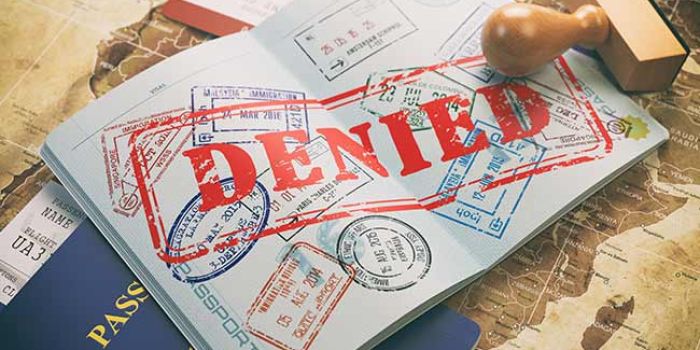In recent months, numerous foreign countries have introduced sweeping changes to their immigration laws, aiming to control the yearly influx of immigrants. With some of these regulations already in effect, Kenyans aspiring to study or work abroad must now navigate through new rules that have faced criticism for being deemed as regressive.
These alterations are poised to have a ripple effect on diaspora remittances, with Kenyans abroad remitting an estimated average of Ksh670 billion annually. The figure is anticipated to surge to Ksh1 trillion annually, with President William Ruto's administration implementing measures to stimulate inflows.
The media examines the noteworthy immigration changes that Kenyans need to be aware of.
Canada: On Monday, Canada implemented a cap on the number of foreign students entering the country, reducing the annual average to 360,000—a 35% decrease from previous years. This not only affects students at the diploma or undergraduate levels but also impacts those seeking study permit renewals. The move is attributed to addressing a housing crisis fueled by the influx of immigrants, with Canada projecting a need for 3.5 million additional housing units by 2030.
United Kingdom: Britain has recently taken significant steps to reduce immigration by 300,000 individuals, including a considerable number of Kenyans. In 2023, 139,000 Kenyans immigrated to the UK, according to United Nations data. Measures include banning students from bringing family dependents, raising salary requirements for work visas from Ksh5 million to Ksh8 million, abolishing the shortage occupation list, and increasing annual charges for the National Health Service (NHS).
Australia: Australia revamped its entire visa program in December 2023 to manage the influx of immigrants aligned with the country's economic goals. The 482 visa program was abolished, replaced by the 'Skills in Demand' program featuring a three-tiered approach to temporary skilled migration. The new structure includes a specialist skills pathway, a core skills pathway for those earning below Ksh22 million annually, and an essential skills pathway for care workers.
Germany: In January 2024, Germany passed two immigration bills—one streamlining the expulsion of asylum seekers with dubious cases, and the other facilitating the acquisition of German nationality for legitimate immigrants. The latter was prompted by statistics revealing that 13.4 million out of Germany's 84 million residents lacked citizenship, including over 5 million who had resided in the country for more than a decade. This rise was attributed to delays in the government's naturalization process for long-term residents.

